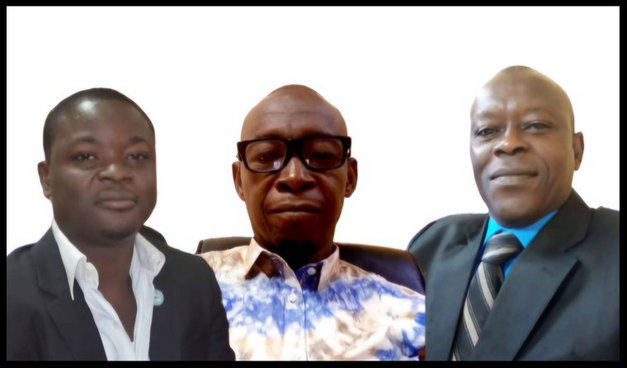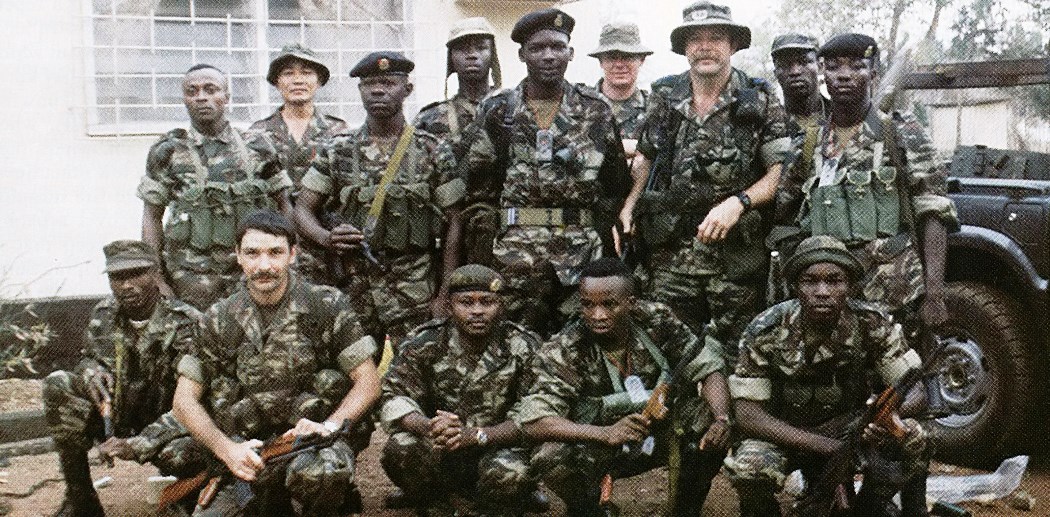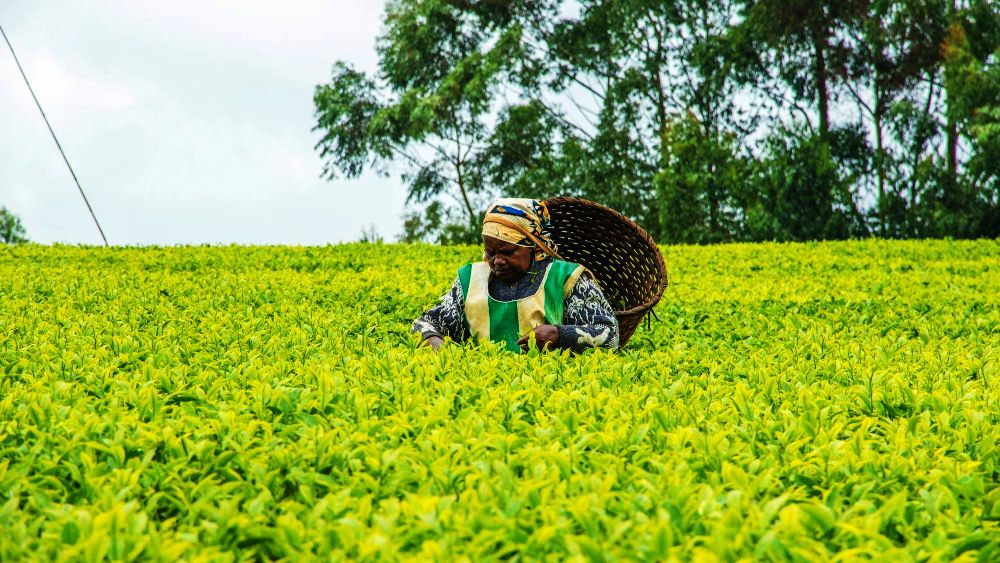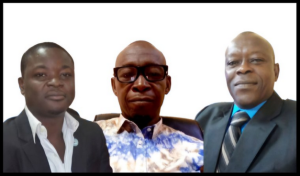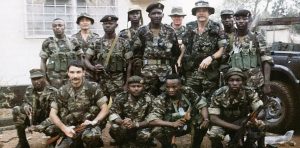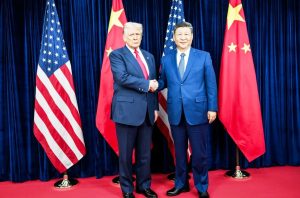Meet Daria Serenko, the founder of the Feminist Anti-War Resistance movement in Russia. PHOTO/Wikimedia Commons.
By PATRICK MAYOYO
and Agencies
By all accounts, Vladimir Putin is one of the world’s most feared strongmen, an ex-KGB spy with little tolerance for dissent, let alone defiance.
His rule over Russia is enforced with tanks, spies, and fear. And yet, the person who troubles him most isn’t a mutinous general, a foreign agent, or a political rival in the mould of the late Alexei Navalny.
She is a poet. A woman. And she wields verses, not weapons.
Meet Daria Serenko, the quietly determined feminist organiser who has become the unlikely face of Russia’s most dangerous resistance movement, and perhaps the woman Vladimir Putin fears the most.
Serenko doesn’t look like a revolutionary. She speaks softly. Her hair is cut in an asymmetric fringe. A rose is tattooed on her neck. But beneath the calm exterior is a woman who has ignited a fire across Russia, one that the Kremlin has struggled to extinguish.
On 24 February 2022, as Russian tanks rolled into Ukraine, Serenko and a small circle of women founded the Feminist Anti-War Resistance. By the very next day, their Telegram channel was buzzing. What began as an online space for women to grieve, rage, and organise quickly blossomed into a national underground movement.
Today, even though it’s been outlawed and declared “undesirable” by the Russian state, the group operates in 80 cities. From St. Petersburg to Vladivostok, women hang protest messages in changing rooms, slip anti-war poetry into library books, and sticker supermarket shelves with calls for peace.
“We are the most visible political power in the opposition,” Serenko recently told The Daily Beast. “And that’s why we’re a threat.”
Serenko’s defiance strikes at the very core of Putin’s vision of Russia, a country ruled by patriarchs, soldiers, and silence. She challenges his masculinity with her feminism. She challenges his war with her words. She challenges his control with community.
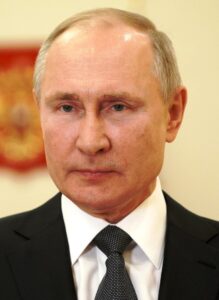
Russian President Vladimir Putin. PHOTO/Wikimedia Commons.
Her poetry has been banned, her passport revoked, and her name smeared across state media. She’s been imprisoned, labelled a “foreign agent”, and had an arrest warrant issued for her in April 2024.
In exile in Georgia since March 2022, she lives with the knowledge that Russian spies might still come for her. And yet, she continues.
Her poems, the very ones Putin ordered ripped from bookstore shelves still circulate. One postcard produced by the movement reads: “A war, again. No one talks about it. The hearts of our great-grandfathers ache when we dress as soldiers to fight our neighbour.”
Before all this, Serenko had a respectable career. She worked in the Russian Ministry of Culture and managed a state-run art gallery. But in 2019, when her activism drew too much attention, her superiors gave her a choice: fall in line, or walk away. She walked.
“The boss told me, ‘You’re biting the hand that feeds you.’ I chose to be an activist,” Serenko recalls. Her university job didn’t survive her choice either.
In 2021, she was arrested for posting a red exclamation mark on Instagram, a symbol of the opposition’s “smart voting” campaign. Her show of solidarity with Navalny would earn her 15 days in jail.
When Navalny died in a Siberian prison in February 2024, in what Western leaders say was an assassination, Serenko mourned not just the man, but the path he had carved for political resistance.
Serenko’s feminism isn’t theoretical, it’s forged in crisis. She speaks for the women Putin’s war has ignored, abused, and buried. Russian feminists under her banner don’t just call for peace abroad; they fight for justice at home.
Since Putin decriminalised aspects of domestic violence, Serenko and her peers have sounded the alarm. Their Telegram channel now regularly reports femicides.
The culprits, often husbands or partners, act with horrifying impunity. One, a man who stabbed his wife in front of their child, now seeks a presidential pardon in exchange for fighting in Ukraine.
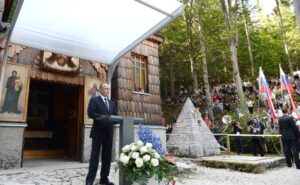
President Putin at a past even in Russia. PHOTO/Wikimedia Commons.
“Russia ranks among the worst in protecting women from violence,” Serenko says. “We are dying in silence.”
In March 2020, at an International Women’s Day protest, she read a feminist manifesto aloud in Moscow: “Many women died or were locked in prisons so that I might vote, work, or own property today. This day is not for flowers. It is for remembrance and resistance.”
Serenko sees global parallels. She watches with concern as the United States, too, rolls back protections for women and minorities. Her message to women everywhere is urgent: “Don’t be afraid of becoming an alarmist. Dictatorship develops slowly, but one day you wake up, and the water is boiling.”
Now in her early thirties, Serenko still organises feminist circles; carefully, underground, often anonymously. No group dares to affiliate with her officially. But they’re out there: talking reproductive justice, studying history, and refusing to be silenced.
“I’m ready to see my name on a list of terrorists,” she says, with characteristic calm. “But we will not stop.”
Daria Serenko may never hold office. She may never return to Russia. But her poetry, her defiance, and her movement ripple across a nation gagged by fear.
She is a symbol; not of victory yet, but of possibility. In the face of dictatorship, she chose to speak. And that, more than anything, is what makes her dangerous.




